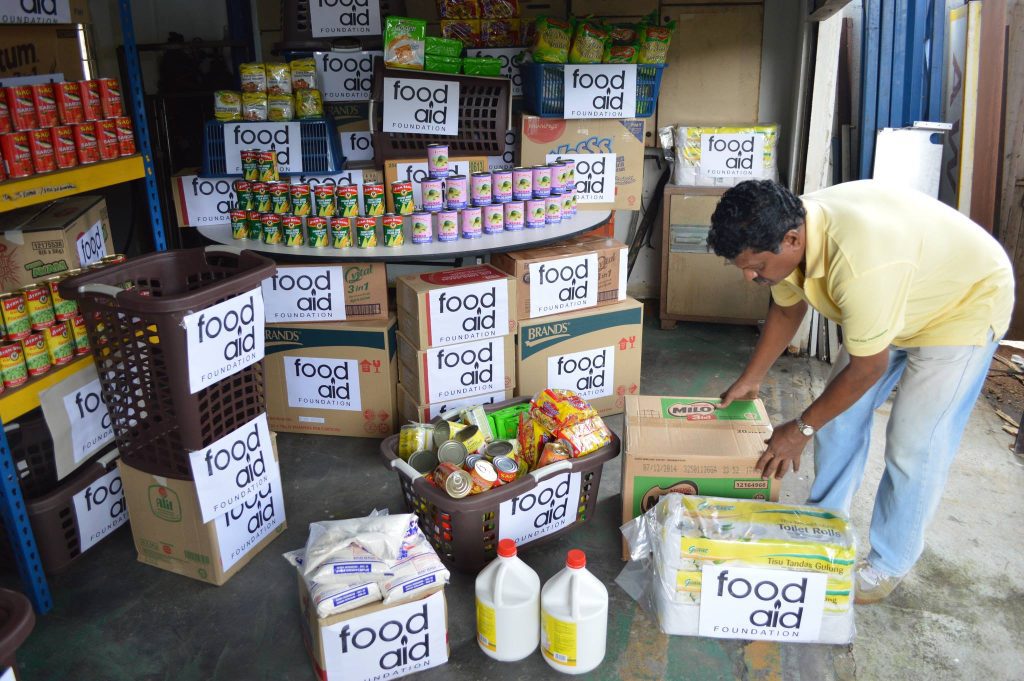 PETALING JAYA: The findings on food inflation over the decades by the Statistics Department (DOSM) is a call to action for reforms, says the Federation of Malaysian Consumers Associations (Fomca).
PETALING JAYA: The findings on food inflation over the decades by the Statistics Department (DOSM) is a call to action for reforms, says the Federation of Malaysian Consumers Associations (Fomca).
βEither we reform now, or we risk deepening inequality, worsening malnutrition, and undermining Malaysiaβs economic and social resilience,β said secretary-general Saravanan Thambirajah.
He was commenting on the departmentβs report that found a threefold increase in food prices in the past five decades.
βWe must ensure every Malaysian has affordable access to nutritious, safe, and culturally appropriate food, regardless of income level or geography.
βFor that, consumer empowerment must be matched by bold policy shifts, inclusive fiscal planning, and sustained political will. Only then can we build a resilient, just, and food-secure Malaysia for the next generation.β
Saravanan said the B40 and M40 segments are using multiple coping strategies which are not sustainable in the long term.
They include borrowing money or using Buy Now, Pay Later (BNPL) option to afford groceries and switching to lower quality food such as instant noodles and ultra-processed goods.
βSome families have been skipping meals or reducing portion sizes, while others have been working longer hours or taking multiple jobs to compensate for rising costs.
βFamilies have also been reducing spending on healthcare, education and other essentials to pay for food. These trade-offs affect long-term health, education outcomes and social stability.β
To tackle this, Saravanan said the government should expand food assistance programmes such as Sumbangan Tunai Rahmah (STR), Food Bank Malaysia and targeted food vouchers, especially for urban poor households.
βThere must also be price ceilings and buffer stock for critical items like rice, cooking oil, eggs and chicken to protect consumers from sudden price spikes.
βRegulate middlemen and enforce fair pricing in wet markets and retail outlets through more frequent monitoring by the Domestic Trade and Cost of Living Ministry,β he said.
He said school-based nutrition programmes must be revised and subsidised healthy meals must be given to schoolchildren to relieve household food burdens and address malnutrition.
He said the urban farming and community agriculture, which empower families to grow their own vegetables with the support of local councils and state governments, must be encouraged.
Saravanan said Fomca urged that Malaysiaβs fiscal priorities be aligned with food sovereignty and resilience.
βThe country must move from a dependency model to a self-reliant and climate-adaptive food system.
βThat means prioritising substantial infrastructure investment in irrigation, food storage and logistics. Land zoning protections to prevent loss of farmland to housing and industry,β he said.
Saravanan said there must be budget allocation for research, subsidies for local producers, and price support schemes for critical crops like rice, vegetables and fish, adding that the relevant agencies must be strengthened as well.



